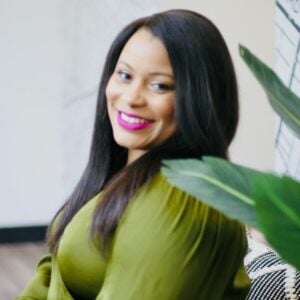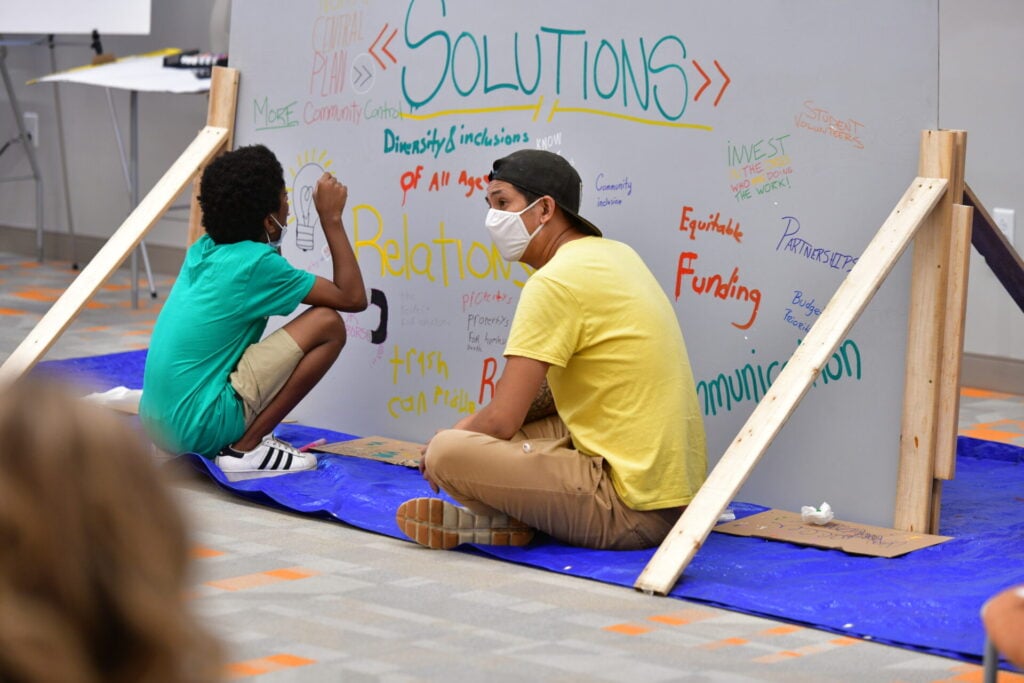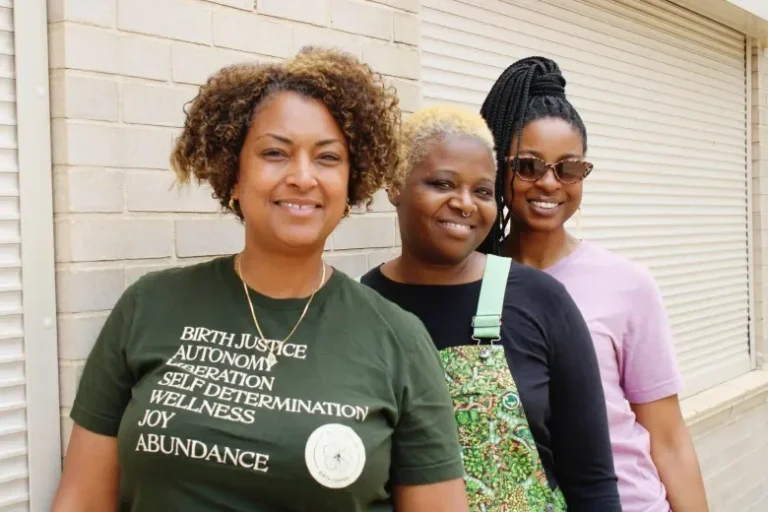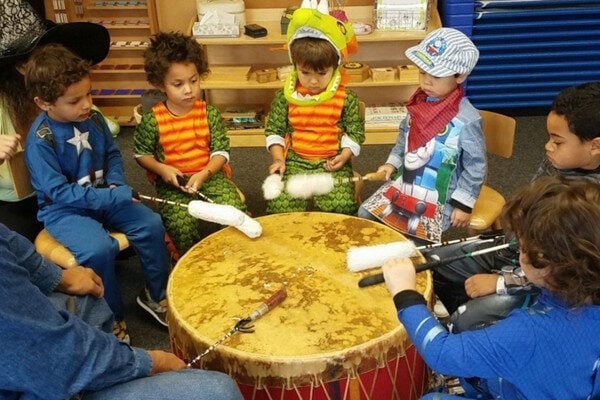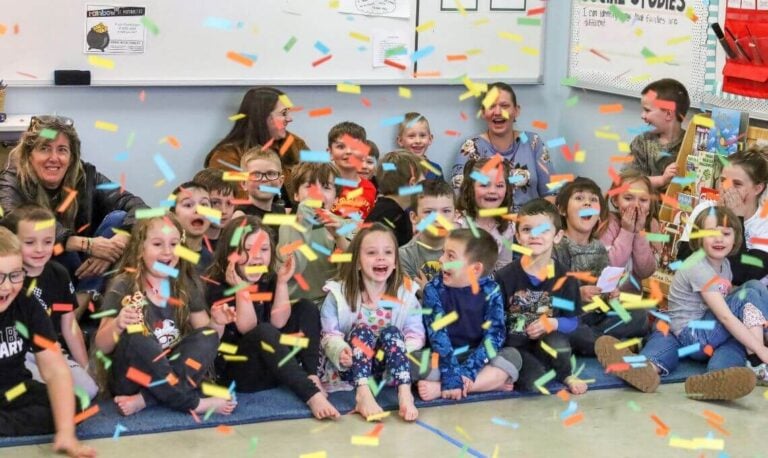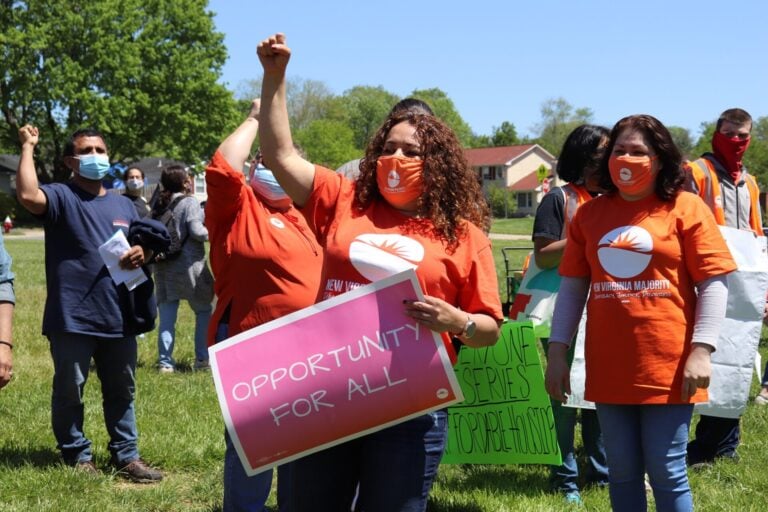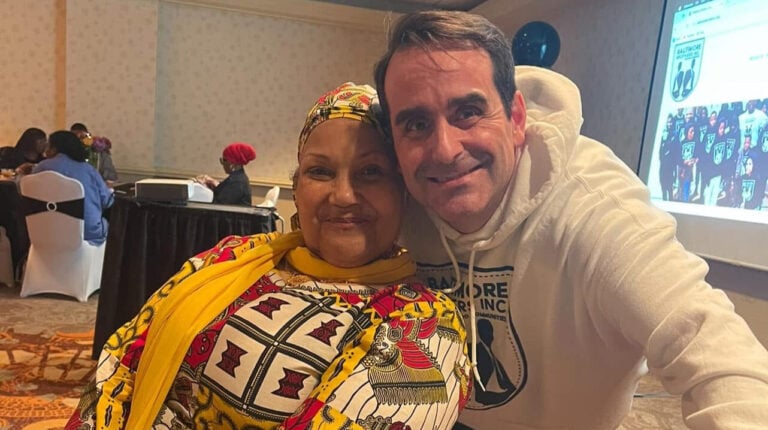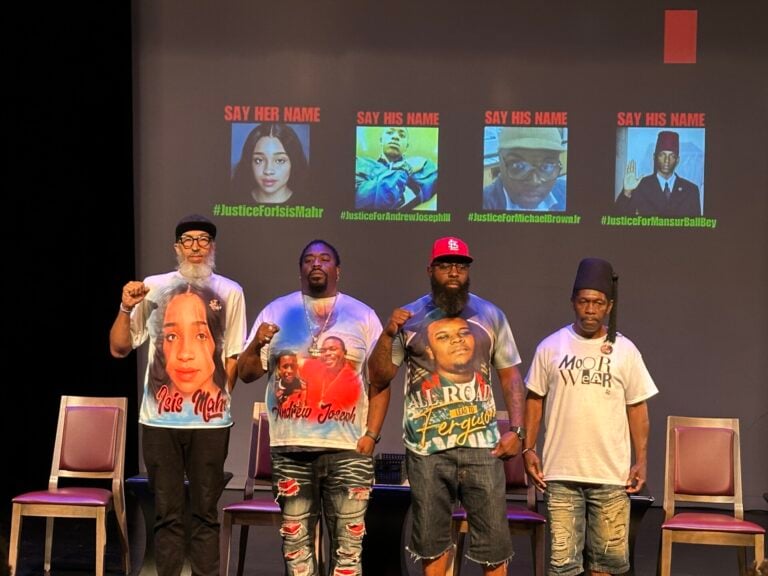After the impacts of the pandemic and a change in organizational leadership, Deaconess Foundation was called to reevaluate the ways we were advancing justice as an institutional advocate. As we began this process, we knew we had to engage our community as true partners. Without the wisdom of residents in the communities in which we live, work, and serve, we could not build a strategy that reflected both our community’s immediate needs and long-term hopes for our region.
How we listened
In reimagining our strategy, we led a participant-centered, equity-driven process with the understanding that no voice is too small, and no vision is too audacious to influence our work.
We worked with a consultative project team to engage with 663 people in our region (Missouri and Illinois) and nationally. The team helped us collect input from community members and policy analysts through a variety of neighborhood and community gatherings, grant partner focus groups, one-on-one interviews, and national peer funder conversations.
Throughout this process we had conversations that gave us a better sense of what mattered to individuals and their families and how our strategy could more closely align with their hopes and aspirations for the future.
One of the listening exercises we employed at public events was designed around posters that listed racial-equity benchmarking indicators. Attendees were invited to write their zip code on sticky notes, placing them on the indicators that best reflected an area in their life in which they wanted to see change. They were also invited to add written feedback about why they chose a certain indicator, how changes related to it would impact their lives, and what organizational values Deaconess would need to adopt to help achieve those changes.
Throughout this process we had conversations that gave us a better sense of what mattered to individuals and their families and how our strategy could more closely align with their hopes and aspirations for the future.
What we heard
It became clear that our community members were calling us to envision a future society where liberation is the lived experience, and all people have the space and capacity to thrive.
They told us that to be a part of creating this change, Deaconess Foundation, and other philanthropic organizations, must recognize:
- There is more than one pressing issue for the communities we serve, and challenges must be addressed in the aggregate.
- There is a need to care for everyone across generations and life stages.
- It is difficult to survive and thrive in a colonized, racist set of systems.
- We must reimagine our mission, vision, and values to reflect the work ahead.
How we answered the call
Deaconess’s strategy had long focused primarily on the health and wellbeing of the children and families in our region, with prescriptive public policy zones that led our grantmaking. In listening, we came to understand that our pursuit of justice needed to extend beyond our ideas of what policy priorities should be and beyond today’s generations.
In response to what we heard from neighbors and partners, our new strategic aspiration firmly defines Deaconess Foundation as an institutional advocate that will orient its abundant relationships and resources in pursuit of liberation within the next seven generations. Liberation is not meant to simply describe an outcome, but rather it is an intentional and conscious movement in which our community can freely exist, dream, and thrive in the absence of oppressive systems in a culture of solidarity, respect, and dignity.
Our organizational evolution goes beyond strategy, shaping a new set of core values that define who we are and what we stand for. Our work is rooted in our values: Faith, Healing, Liberation, and Justice. With our new strategic approach and refined values as our guides, Deaconess Foundation has leaned further into community-led philanthropy and explicitly articulated our commitment to health justice and social justice.
Liberation is not meant to simply describe an outcome, but rather it is an intentional and conscious movement in which our community can freely exist, dream, and thrive in the absence of oppressive systems in a culture of solidarity, respect, and dignity.
We’ve expanded our community-led grantmaking to give community members even more power in funding decisions. The foundation’s new Seniors Community Revitalization & Development Fund puts grantmaking authority in the hands of a Senior Advisory Board comprised of seniors (age 55+) and leaders of organizations serving seniors and families. The board itself also seeks input from others with lived experience of aging issues, conducting focus groups to learn from seniors how they want to be supported. Focus group participants are offered compensation for their time and light refreshments.
Participants have expressed that local public transportation systems could be improved, and their neighborhoods could be made safer with additional lighting, cameras, and police presence. Some seniors also expressed a need for assistance understanding often complex legal programs and health and social services. It is through this open dialogue with seniors in our community that the Fund determined its three priority areas: transportation, safety, and health navigation.
Our new strategy also guided us to explicitly designate the Deaconess Center, which hosts more than 15,000 advocates, civic leaders, and community members each year in more than 600 gatherings, as the community’s space. While the Center (which houses the foundation’s offices) has been open to the public since 2018, our new strategy centers it as our neighborhood’s Public Square, a hub for dialogue, building a resilient social fabric through engagement, and with a long-term vision of providing essential resources to the community.
A crucial part of this effort is positioning the Center as a place to actively engage with democracy. In 2024, Deaconess Center served as a polling site for the first time. As a Public Square for ideas, thought partnerships, diverse perspectives, and policy discussions, the Center’s events and gatherings intentionally promote a community of learning and healing.
Our commitment to fostering community-led healing extends to our Racial Healing + Justice Fund, which enables community members who are most impacted by racism to redistribute resources and direct investments to initiatives for restorative transformation. The Fund’s Community Governance Board (CGB) exercises complete decision-making power over the allocation of funds. The CGB uses their lived experiences and understanding of the many pressing needs in the region to invest in Black- and Brown-led initiatives that will foster community building and healing.
How you can answer the call
Now more than ever, it is crucial that we dedicate ourselves fully to using our platforms, resources, and power to build an inclusive society where opportunities and resources are equitably accessible for those who need us most. Community listening is a necessary step for funders to take to understand how they can partner in building and employing strategies that advance collective efforts. For us, our deep relationships with community led us to a radical and reflective approach to grantmaking that will carry us forward through the next seven generations.
About the author:
